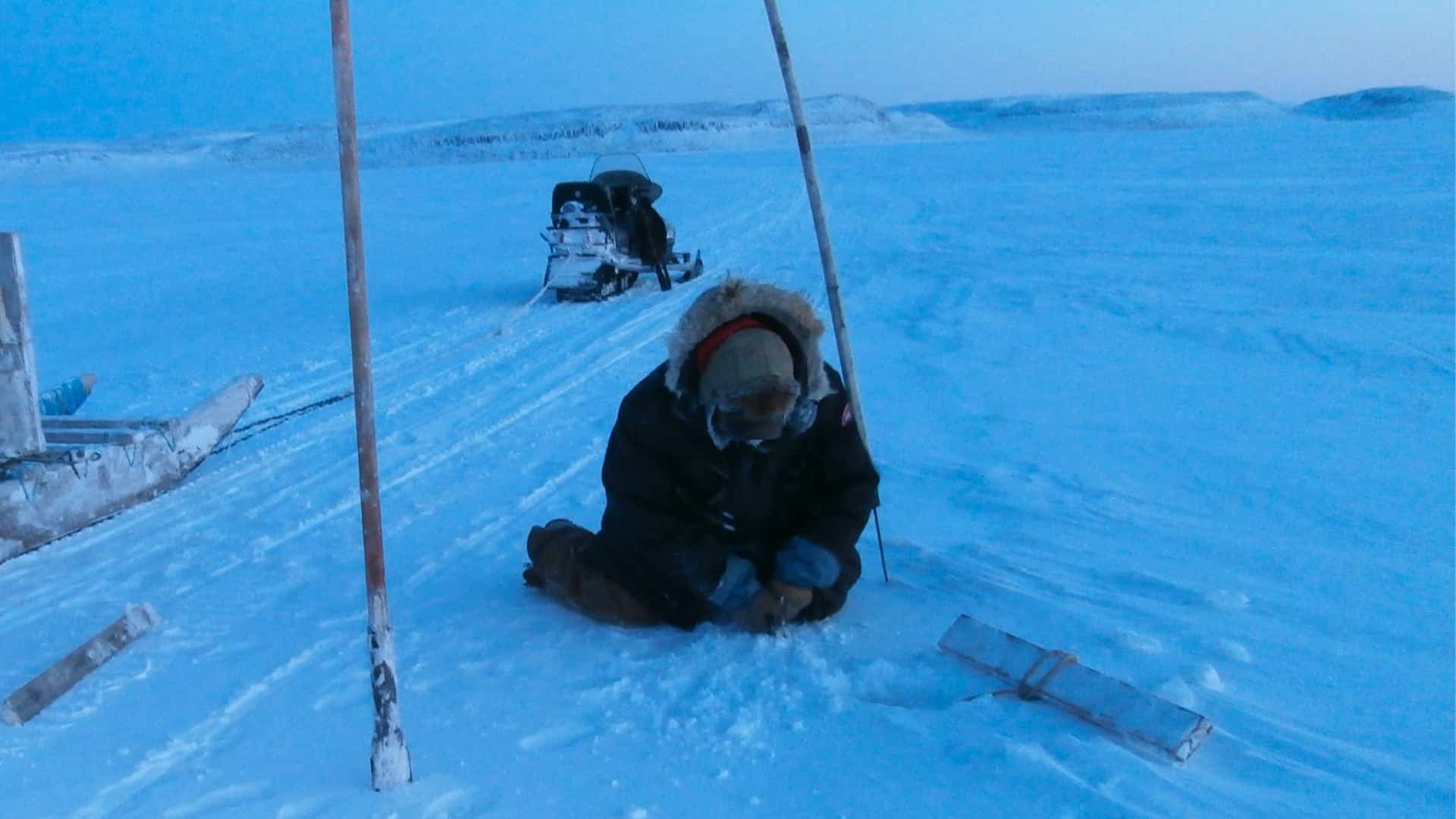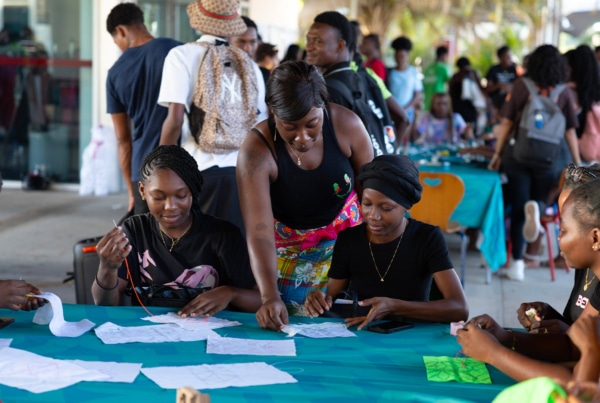
The Université de Guyane invites you to a seminar led by Béatrice Collignon. The aim is to explore how the Inuit of the Canadian Arctic, through their nomadic practices and ancestral knowledge, are redefining the notion of territory.
On Tuesday 10 December 2024, from 6pm to 8pm, the University of Guyana is organising a new edition of its "Borders, Circulations, Interculturalities and Human-Milieu Interactions" seminar. At this event, Béatrice Collignon, a geographer at the University of Bordeaux Montaigne and member of the UMR Passages, will discuss the nomadic geographies of the Inuit of the Canadian Arctic.
An area for movement, not occupation
For the Inuit of the Canadian Arctic, the land is conceived as a mobile space. It is not a static place of occupation, but a network of movement. Since the 1950s, sedentarisation, due to both government policies and individual choices, has modified their spatial organisation. The 42 Inuit villages (excluding Nunatsiavut in Labrador) are now central points from which people travel to and from.
However, the Inuit territory remains polytopic. Although spatial structures have changed, the matrix of their understanding of the world, which guides their actions, has remained stable. This matrix reflects a way of thinking that is deeply rooted in their culture.
Inuit qaujimajatuqangit: living knowledge
The heart of this matrix is a term coined in the 1990s: Inuit qaujimajatuqangit, meaning "the knowledge that the Inuit have passed on to each other and that is still relevant today". This knowledge is made up of observations and experiences passed down over several generations. It is based on 'first-hand experiences', rooted in a language and culture that structure Inuit understanding and action.
Revisiting the concept of territory
Using this Inuit example, we can rethink the notion of territory. Nomadic geographies highlight the idea of mobile space (a concept developed by Denis Retaillé). Rather than a fixed space, these territories are dynamic, shaped by the movements and links they forge.
Béatrice Collignon is a geographer, professor at Bordeaux Montaigne University and member of the UMR Passages. Her work focuses on geographical knowledge, both vernacular and scholarly, starting with an approach based on the geographical knowledge of the Inuit of the Canadian Arctic and extending to the ontologies of indigenous peoples. She took an early interest in research ethics and has been involved in making research films (in video format), which are used as tools, an alternative form of scientific writing, a means of disseminating research and a teaching practice.
Since 2022, it has been involved in the ANR Spherographia project, led by Matthieu Noucher (UMR Passages), one of whose projects is a travelling exhibition whose first installation was inaugurated in Mana on 28 September (running until 12 December; next stop Val d'Or, in Atikamekw territory - province of Quebec, Canada, from 11 April 2025).
Practical information:
Date: Tuesday 10 December 2024
Schedule: 6pm-8pm
Venue: Amphi C, University of Guyana




